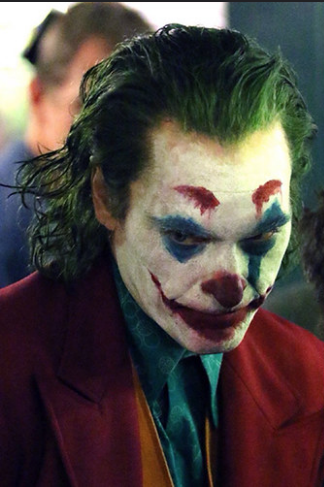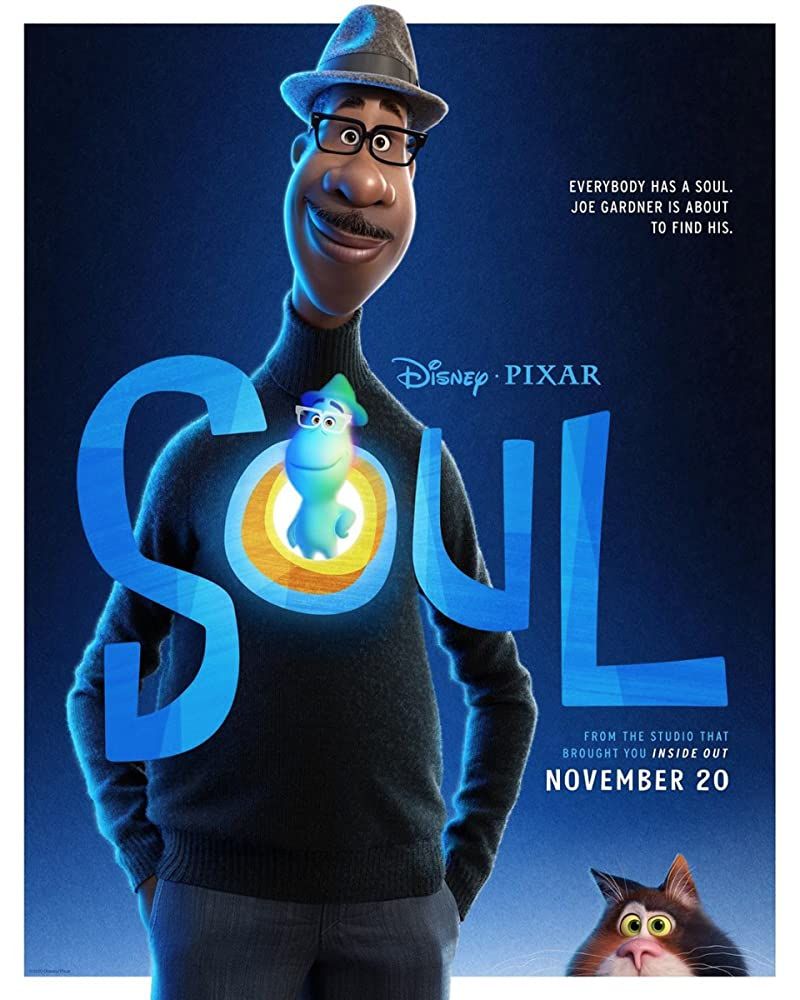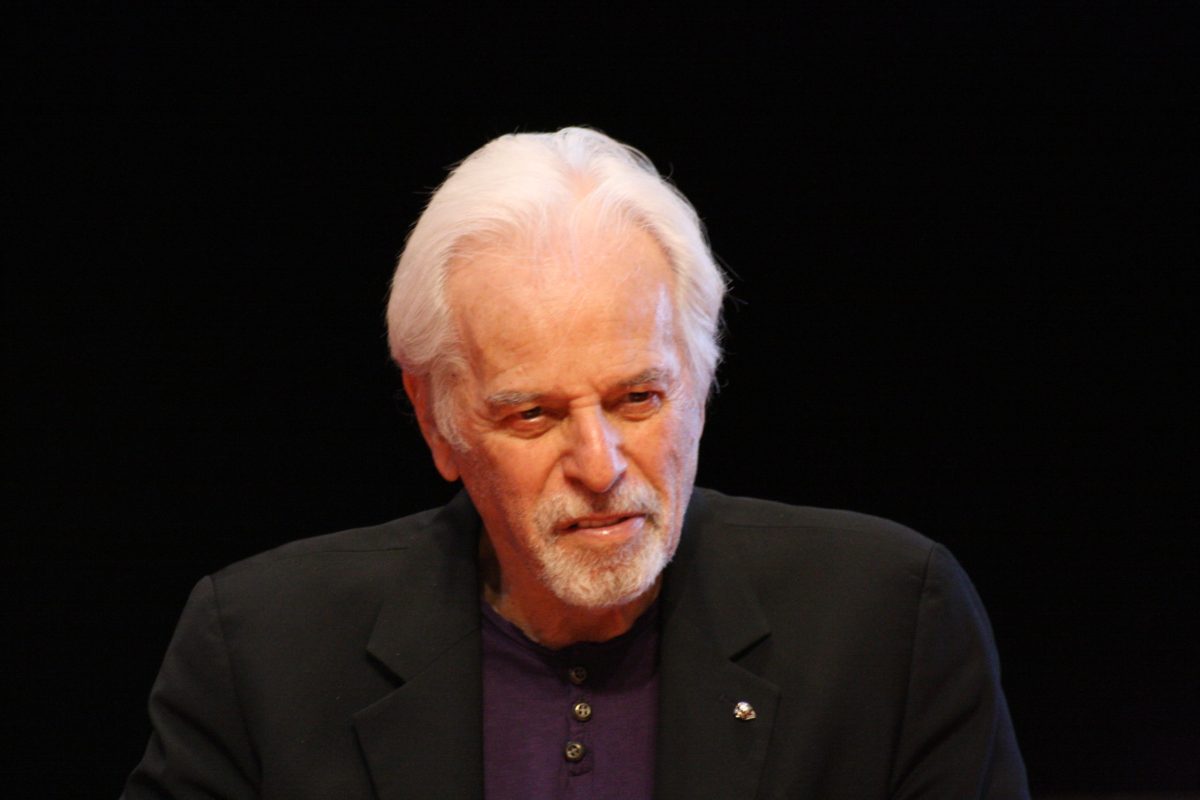We’ve seen the Joker grace the screen many times before, and each take on the character is etched in our memories. From the overtly insane Jack Nicholson to the wonderfully sickening embodiment of anarchy that was Heath Ledger—and I’m still trying to forget Jared Leto’s Joker—each actor has given an iconic take on Batman’s most formidable villain. With Joaquin Phoenix’s tragic portrayal of the Joker, audiences were given yet another phenomenal performance—one grounded in reality.
1980s Gotham City is a rough place for its citizens as the economy takes a turn for the worse, especially hurting those in the lower social classes. Written and directed by Todd Phillips, “Joker”follows the life of Arthur Fleck as he navigates this world. A down on his luck, mentally ill man, Fleck dances and works as a clown for hire, all while taking care of his mother. Suffering from a condition that makes him laugh uncontrollably, especially when he is in emotional pain, Fleck descends into madness and violence. Becoming the villain we all recognize and despise, it’s Joker’s tumultuous journey that keeps the movie interesting and, in many ways, disturbing.
“The worst part of having a mental illnessis people expect youto live like you don’t.” One of most haunting lines delivered by Arthur Fleck, this quote defines what made this incarnation of the Joker so unique. Unlike previous Jokers, Fleck has issues that the average person cannot comprehend. Pumped full of medication to battle his own depression and illness and the only person able to take care of his mother, Arthur is a loner with nobody to talk to. This characterizes his alienation from society throughout the film, further exacerbated by his ‘laughing condition,’ which repulses the people around him. Treated as a degenerate by his clown coworkers and publicly mugged, Fleck’s frustration with the world and society leaves him feeling desperate.
Unable to connect with those around him, Arthur keeps a notebook full of suicidal notes and dark jokes such as “I just hope my death makes more cents than my life,” making it clear that he is a damaged man. With Arthur’s issues, his failed attempts at stand-up comedy at a local bar and life changing revelations about his lineage and family, it’s no wonder that Arthur is bound to lash out in a big way.
It is perhaps the buildup to Fleck’s eventual tipping point that keeps the tension in the film. Brilliantly paired with Hildur Guonadottir’s chilling string-based soundtrack, the audience is left wondering what will happen to Arthur next and what he will do about it. Shrouded in self-pity and with murder on his mind, “Joker” provides a satisfying arc for Arthur that involves inspiring the poor of Gotham City and becoming the hero of his own twisted fantasy. As Arthur transforms into the Joker and lashes out at the society that wronged him, “Joker” builds and dances its way to a fitting, explosive finale.
Gory, grim and violent, this is a well-made film not for the faint of heart. Ironically, where DC’s more overtly macabre superhero films fail, “Joker”emerges laughing triumphantly.
Photo courtesy of https://www.flickr.com/photos/antdude3001/44136053684

































